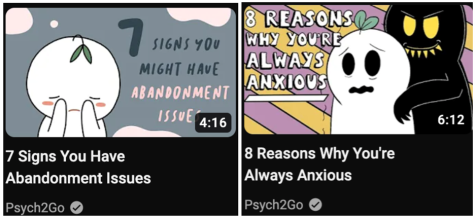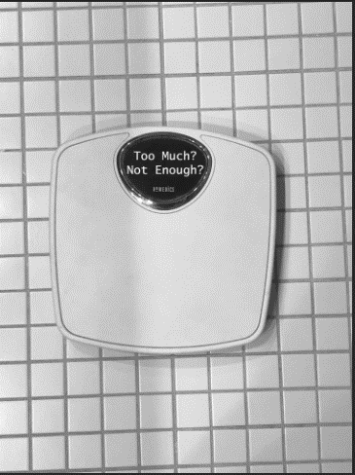It’s okay to be tired of COVID-19
Photo courtesy of Google
Three years into the pandemic, COVID-19 continues to affect thousands of people every day, despite the widespread burnout over the virus. Weekly averages of cases in the U.S. are regularly in the tens of thousands.
Three years since the COVID-19 outbreak, students have become especially weary of news surrounding COVID-19, raising questions of whether or not it’s okay that people don’t care as much about the virus and the consequences that come with it as before.
Since the start of the pandemic, society has become much more aware of getting sick, to the point where even contracting the most mild of symptoms that are similar to those of COVID-19 is seen as cause to test, quarantine, and mask up until all symptoms are seemingly gone. This can and is seen as a prime factor in the weariness that comes three years into the pandemic.
“I think many are weary of COVID-19 because its symptoms are [not visible] and resemble those of common illnesses,” said junior Carmen Gonzalez. “The uncertainty has made it hard to be around others because I am constantly paranoid that their cough or sneeze will get me sick.”
Others point to how difficult the first stage of the pandemic was, with remote learning amplifying educational issues. Additionally, the mental health crisis seen during the first year of the pandemic, when vitally important quarantine measures forced us not to interact and learn in-person with each other, severely damaged some students’ mental health. What’s more, increased reliance on digitalization and the internet due to remote work and learning has made it especially difficult for some to step away from their electronics.
“Quarantine was especially rough for me and I had COVID-19 last year; it was horrible. I think the thing that makes me most ‘down’ about COVID-19 is how much things have changed,” said junior Abby Mckay. “Obviously, a lot of things have changed for the better; however, people depend on the internet more than ever and stuff like going to the park or just being outside has stopped being the norm for many people, including myself.”
Even though both Gonzalez and Mckay believe it is okay to feel worn out over COVID-19 and its prolonged effect on society today, they agree it is reasonable for some to still worry about it, such as those who may be at or have family members that are at high risk of getting the virus.
“I think it is totally reasonable to still be [nervous about] COVID-19. [At high risk] people still have to worry about their health. Many lost loved ones, myself included, to COVID-19, and seeing firsthand how it can be completely and utterly destructive will obviously make someone more worried about it,” said Gonzalez.
Discussing whether there is anything students can do to remain aware of COVID-19 and its consequences at present, Gonzalez believes that it is important to continue listening to science.
“I think we need baseline protocols and restrictions to protect those who are [at risk] or those who haven’t gotten the vaccine. For awareness, I think we should still [listen to] updates from news channels, the Centers for Disease Control and Prevention (CDC), World Health Organization (WHO), and the U.S. government,” Gonzalez said.
Although the peak of COVID-19 has come and passed, it is important to remain vigilant about not letting the virus take hold of our lives as it did before by relaxing sentiments toward it. The pandemic is still affecting millions of people across the world and will continue to do so for a long time. Whether students have burnout over the virus or are actively concerned about the pandemic, only together can it finally be defeated.




